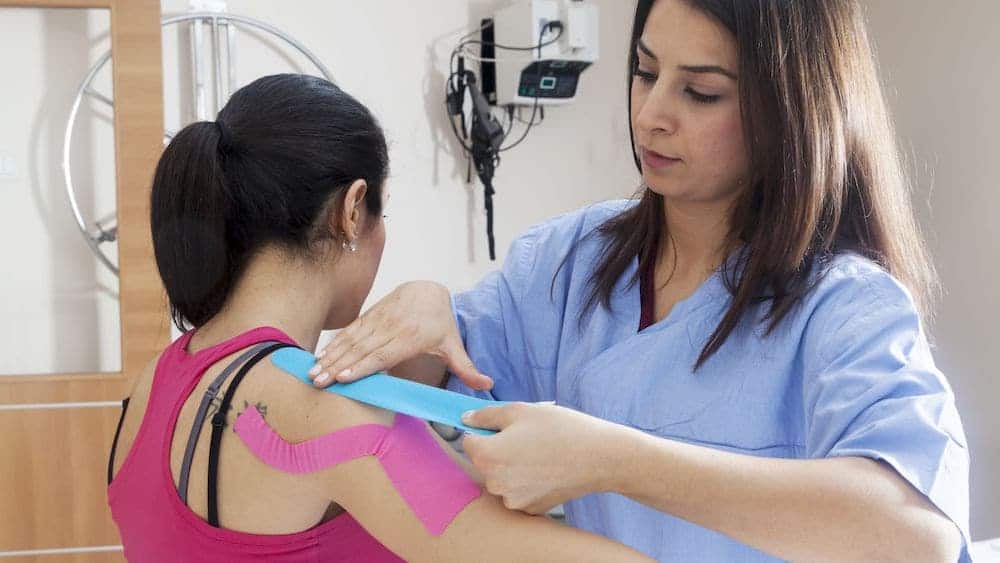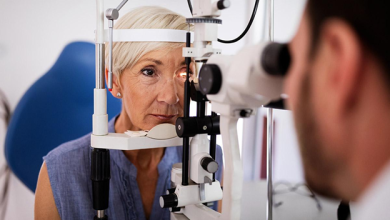The Relationship Between Sports Medicine Specialists And Professional Athletic Teams

In the world of professional sports, athletes rely on a team of experts to stay at the top of their game. Sports medicine specialists play a crucial role in this dynamic. They focus on preventing injuries and ensuring athletes recover quickly. These experts work closely with teams to address specific issues like shoulder instability georgia. Their expertise helps athletes maintain peak performance and extend their careers. Understanding this relationship sheds light on the importance of specialized care in sports.
The Role of Sports Medicine Specialists
Sports medicine specialists are medical professionals who help athletes prevent and recover from injuries. They use their knowledge of the human body and its movements to provide care tailored to the needs of athletes. These specialists cover a wide range of services, such as:
- Diagnosing and treating sports-related injuries
- Creating fitness and nutrition plans
- Rehabilitation and recovery strategies
They work with athletes at every step of their careers. From college athletes to seasoned pros, their expertise is crucial.
Collaboration with Athletic Teams
Sports medicine specialists are vital members of professional athletic teams. They collaborate with coaches and trainers to ensure the well-being of athletes. Their responsibilities often include:
- Conducting pre-season assessments
- Monitoring training and performance
- Providing on-field care during games
Such collaboration helps minimize downtime from injuries and promotes efficient recovery.
Understanding Common Sports Injuries
Sports injuries vary in type and severity. Some of the most common injuries that specialists treat include:
| Type of Injury | Description | Common Sports |
|---|---|---|
| Sprains | Injury to ligaments | Basketball, Soccer |
| Fractures | Breaks in the bones | Football, Hockey |
| Dislocations | Joint displacements | Gymnastics, Wrestling |
Each injury requires a specific approach to treatment and recovery. Specialists tailor their care based on the type and severity of the injury.
Preventive Measures in Sports Medicine
Prevention is a key focus for sports medicine specialists. By identifying risk factors and creating preventive strategies, they help reduce the incidence of injuries. Some common preventive measures include:
- Developing strength training programs
- Implementing flexibility exercises
- Advising on proper equipment use
This proactive approach helps athletes maintain their health and continue competing at high levels.
Rehabilitation and Recovery
When injuries do occur, effective rehabilitation is crucial. Sports medicine specialists design recovery plans that focus on:
- Restoring movement and strength
- Managing pain effectively
- Preventing future injuries
The specialists work closely with physiotherapists and other healthcare providers to ensure a comprehensive recovery process. According to the National Institutes of Health, a well-structured rehabilitation program can significantly improve an athlete’s return-to-play timeline.
Impact on Athletic Performance
The involvement of sports medicine specialists has a profound impact on athletic performance. With their guidance, athletes can focus on training and competition without the constant worry of injury setbacks. Their contributions include:
- Enhancing physical capabilities
- Improving mental health and confidence
- Increasing career longevity
These benefits underscore the vital role that sports medicine plays in the world of professional athletics.
Conclusion
The relationship between sports medicine specialists and professional athletic teams is a cornerstone of modern sports. It ensures athletes receive the best care possible, which is essential for maintaining high-performance levels. With ongoing collaboration and communication, sports medicine will continue to evolve, further supporting athletes in their pursuit of excellence. For more information on the role of sports medicine in athletics, visit the MedlinePlus website.





